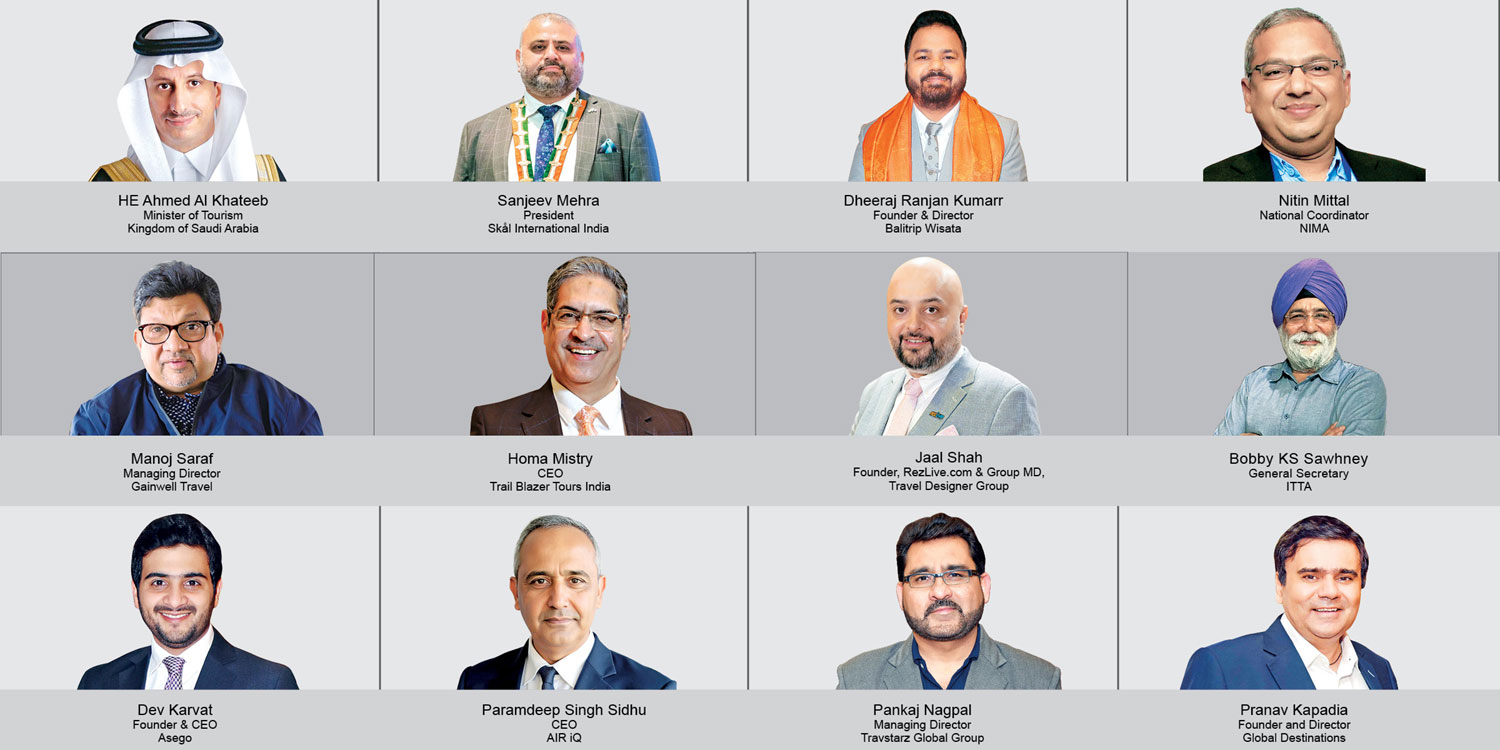While vaccination drives, opening of borders and resumption of flights are making headlines, Dr. Amit Sharma, Vice President – Contracting and Product Development, Abercrombie & Kent and Expert (Roster), UNWTO, shares how revival and recovery may unfold in future for the global tourism, hospitality and aviation market.
Domestic travel is booming across the globe, staycation packages are high on demand alongside luxury hotels customising the offerings as per the expectations of discerning travellers.
In most parts of the world, domestic air travel is forecast to reach the pre-pandemic level by December 2021. With the opening of borders with few restrictions, international travel (outbound and inbound) will surge. Full recovery time is however dependent on various parameters and exact timelines from now cannot be drawn.
Most of the countries are still in the maze of the ‘COVID surgency and recovery’ cycle. Thus, travel demand is proportioning dramatically.
Undoubtedly, leisure-focused long-haul international vacation is one of the most desired activities, but the opening of international borders depends entirely upon factors like caseloads and speed of vaccination at the country of origin and destination, earning propensity of the potential travellers and few others.
In order to appeal more in the domestic arena, hotels are using various ways and means. Ease of transaction by using digital methods, attractive cancellation policies till very last minute, date change possibilities without penalty and value additions could be few motivators for potential travellers to decide on the suppliers for the next itinerary.
In the recent past, International Air Transport Association (IATA) conducted a study in 11 countries with 4700 respondents, which revealed that 57 percent of them expected to be travelling within two months of the pandemic’s containment, and 72 percent will do so as soon as they can meet friends and family.
The Challenge most of the service providers (Hotels/ transporters/airlines etal) may face:
How to sustain financially tillthe time recovery happens. There is a huge cash flow crunch in big, medium or small companies associated with the tourism and travel sector.
Traditional travel companies --may need to rescale, upscale as per new requirement fulfilments. The business forecasting and performance must be as per the new set of requirements/expectations of travellers in post-COVID era. More product innovation is required to supplement the core skill set of the company.
Proactive government support: Government needs to be clear on entry requirement & SOPs well in advance. PCR test on arrival, quarantine/isolation requirements. The action plan- if guest/s found positive after having test in host country are few areas of haze currently.
How to get the skilled labour back who have switched the industry after laying off!! Capacity building in the service industry is a lengthy qualitative task. After all “making or breaking” of customer experiences depends majorly on services delivered by them at ground zero (the intangible part). A service delivery failure can bring a bad name to the service provider, be it an airline or travel agency.
How to build a “suitable future product” amidst changing consumer behaviour? New areas of interest like sustainable tourism, eco-tourism, wildlife tourism, niche tourism may take the front seat Travel companies may need to optimise the cost of such products, whereas hotels and other service providers need to adhere to strict quality/ health & safety protocols to cater to tourist demand in the tourism sector.
Subject to COVID recovery stages across the globe, short-haul leisure travel might be on the rise, while corporate travel may take time to recover. Airlines, hotels, car rentals may get most of the benefits. Putting safety protocols in implementations could be a tough task. The flip side is – one small negligence may have multiple adverse effects.
 TravTalk India Online Magazine
TravTalk India Online Magazine





